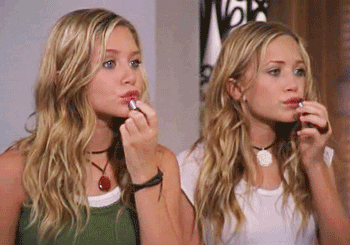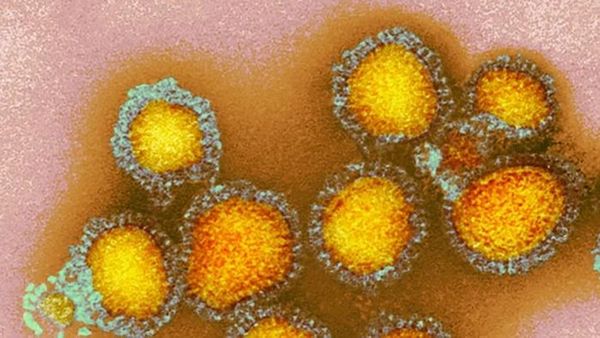
Skin is a fickle beast. One day your complexion is as clear as a face-tuned influencer and the next, you’re wondering where four mountain-sized spots erupted from.
Thanks to a little thing called ~societal beauty standards~, when your skin misbehaves it can cause all sorts of self-esteem issues. Love that for us. The one thing to do however, is not panic. Going at your red-raw skin with all sorts of potions, lotions and popping can cause even more spread of bacteria which may result in scarring.
If you’ve found yourself with skin that’s more zit-tastic than fantastic, never fear. We spoke with dermatologist, Dr. Leona Yip to get some solid answers about our old friend, acne.

Why can acne pop back up seemingly out of nowhere?
Acne doesn’t just pop out of nowhere! Before an acne spot becomes visible on skin, there’s already activity and congestion brewing under the skin that goes on for weeks. Clogging of pores with sebum (skin oil), keratin, dead skin cells and bacteria cause skin micro-inflammation before it “pops” out on the skin as visible acne spots. People with a genetic tendency toward acne are also more prone to breakouts.

Why do things like diet, the environment and stress have an impact on our skin?
A link between diet and acne breakouts has emerged in recent years, and is still a subject of ongoing research. Large intake of dairy products (especially cow’s milk) and high GI (glycaemic index) foods including processed foods, refined sugars and carbs can cause dramatic fluctuations in blood sugar levels. This may cause excess skin sebum (skin oil) production that aggravates acne. Environmental factors like moisture, sweat, heavy make-up, face masks and tight clothing also have an impact on acne through aggravating skin congestion. Stress tends to cause the release of more pro-inflammatory signals and chemicals that may lead to inflammatory skin breakouts.

As a dermatologist, what is a skincare routine you recommend for those breaking out?
A complementary skincare routine is one of the most effective ways to ensure your topical acne treatment has time to do its job. Keep it simple and consistent. Twice a day, use a cleanser that will help to gently clean your pores of excess oil without stripping it of moisture. Next, an oil-free moisturiser that will keep your skin hydrated without blocking pores, and sun protection as some topical acne treatments increase sun sensitivity. Topical treatments for acne are usually recommended by doctors to treat mild to severe acne.

So basically, cleanse, treat if you need treatment, moisturise and then add on sun protection? Are there any products and treatments that people should avoid?
It’s important to avoid oil-based formulations and look for products that are “non-comedogenic” to avoid clogging skin pores and break outs. Use a lighter lotion or cream-based moisturiser. It’s important to avoid heavy and oil-based makeup products too. Tip: Instead of liquid foundation, try matte foundation as this can be useful to absorb skin oils.

What would you say to someone who may not be feeling confident in their skin?
The physical and emotional effects of acne are often underestimated. Beating acne improves mood and self-confidence. Nourish your skin with a complementary skincare routine that supports your topical treatments to help achieve best treatment outcomes and stick with it! Always seek expert advice from a dermatologist or GP if over-the-counter treatments do not help after a few months. Tailored prescription treatments are often more effective.

There you have it. Acne isn’t a personal failure and apparently it doesn’t just pop (sorry) up out of nowhere. By finding a complementary skincare routine, eating a balanced diet and reducing stress where you can – your skin will return to its best self – whatever that may look like for you.
If symptoms persist, talk to your health professional. AU-BZC-2200033
The post A Derm Shares What To Do If You’re Breaking Out Without Warning Bc Acne Is The Pits appeared first on PEDESTRIAN.TV .







